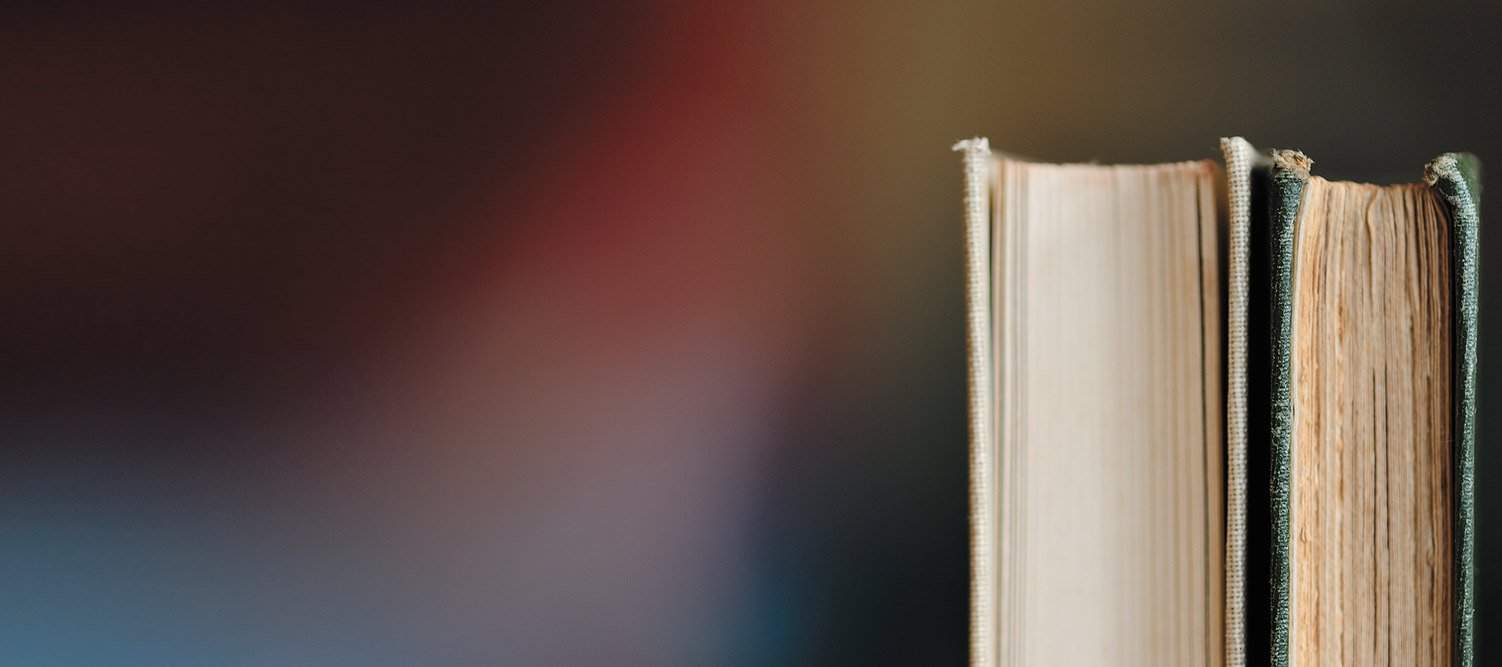
MA Reading Lists
and Course Descriptions

Sadly, the MA (M(Res)) in Children’s Literature has been closed by the University of Reading and is no longer accepting applications for 2025-26. Anyone who has already applied will receive formal notification from the University in due course. This website will remain live for CIRCL PhD and academic research.
‘Eighteenth and Nineteenth Century Children’s Literature’ Reading List
This module served two main functions: firstly, to familiarize students with important children’s fiction from the 18th and 19th century, including works by Charles Kingsley, Catherine Sinclair, Lewis Carroll, Charlotte Yonge, and Mrs. Ewing.
Secondly, the module addressed theoretical questions to do, for instance, with genre, gender, and class, as well with literary history and period-definitions.
The module therefore aimed not just to discuss texts, but also to ask: why these texts? and what is ‘history’? and, perhaps most importantly, what (if any) are the relationships between ‘history’ and the reading of texts?
In other words: this course aimed not to teach students what ‘eighteenth or nineteenth century children’s literature’ is, but to ask what it means to group texts together by ‘period’, if, how, and why, that affects critical languages and strategies, and how students might address these questions and issues in their own criticism.
To help consider all these issues, also in possible later PhD research, part of this module introduced students to bibliographical and archive research-skills through the use of the Nineteenth-Century Special Collection of Children’s Books (held at the University’s Museum of Rural Life archive location). NB: during Covid-19 lockdown, we continued to do this work on the module, but instead used online, digitised archival material, such as that available at the Maxwell Library of Bridgewater State University Digitised Collections of Children’s and Young Adult Literature. Especially useful from the Maxwell Library list is the Baldwin Library of Historical Children’s Literature at the University of Florida.
In the later stages of the module, students formed smaller groups, and, under guidance from the module tutor and the archivists, chose material from the Special Collection archives (or the digitised resources listed above) themselves on which to prepare a seminar presentation to their group.
Students who wished to prepare for the course could read Rousseau’s Emile in advance. They could also pre-read the passage from The Fairchild Family that is provided on the link below.
Texts read on the course (not necessarily in this order) may have included:
J. J. Rousseau, Emile
Mrs Sherwood, The Fairchild Family (pages 86-90 on the facsimile copy on this website-link)
Charles Kingsley, The Water Babies
Mrs Ewing, The Cuckoo Clock
Catherine Sinclair, Holiday House
Lewis Carroll, Alice in Wonderland
Charlotte Yonge, The Daisy Chain
Anna Sewell, Black Beauty
Rudyard Kipling, Stalky & Co and/or The Jungle Books
Edward Lear’s poetry (selected).
